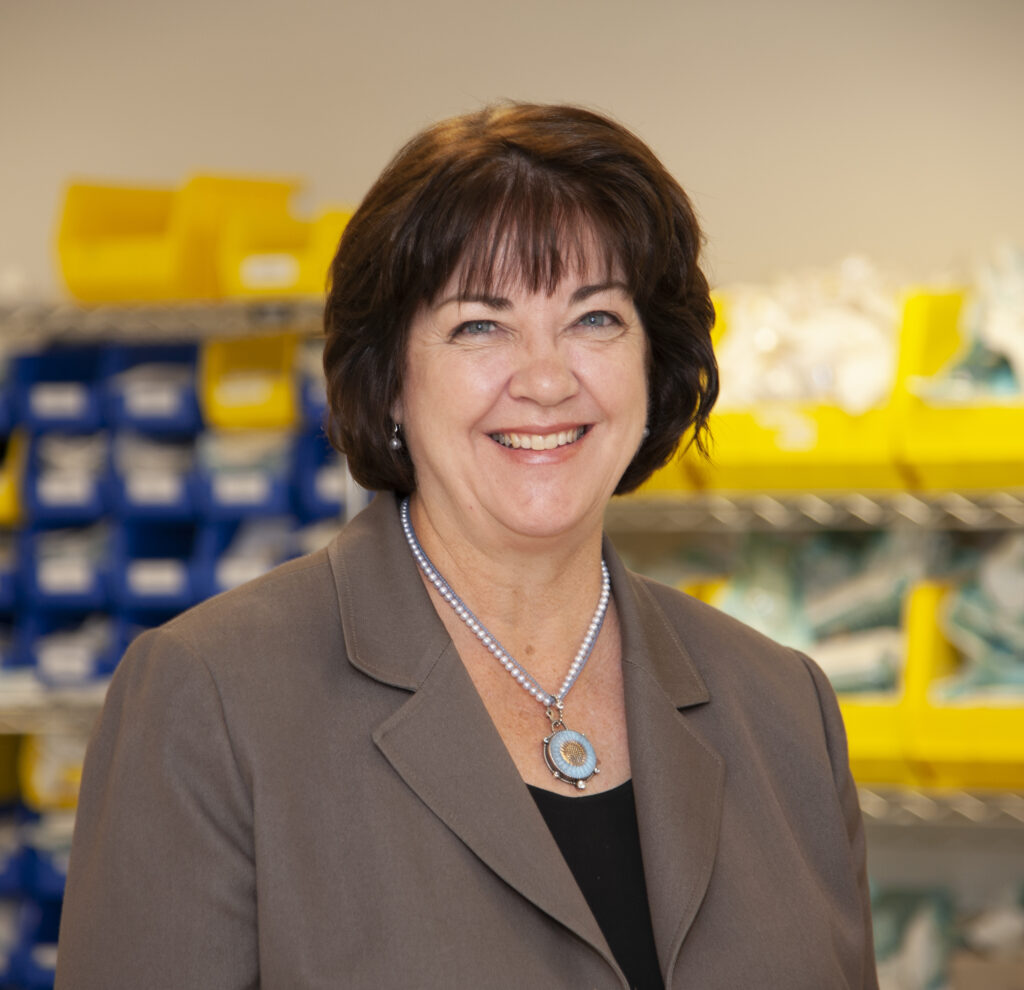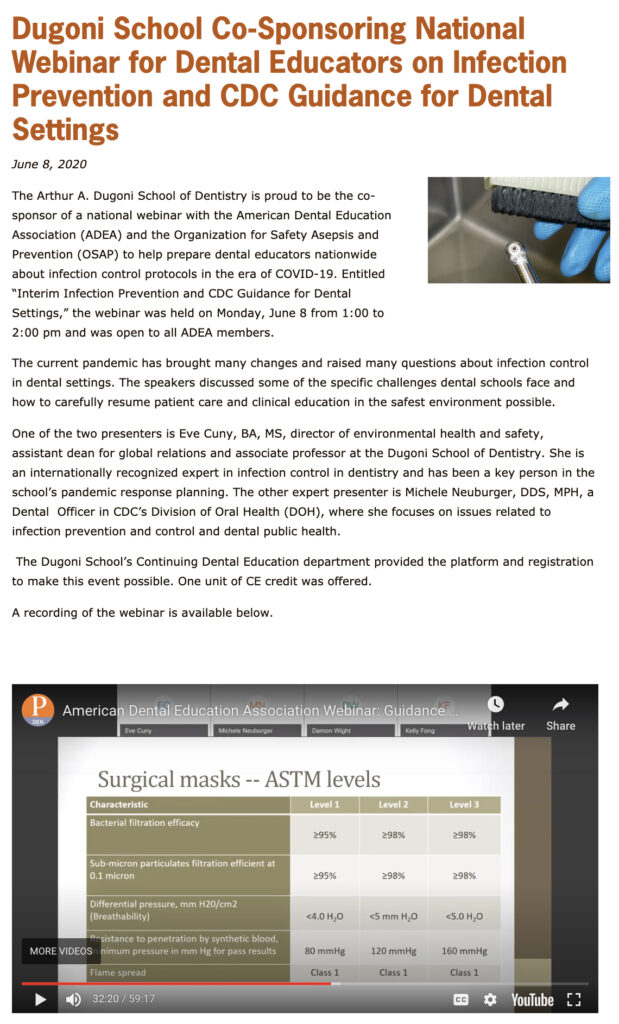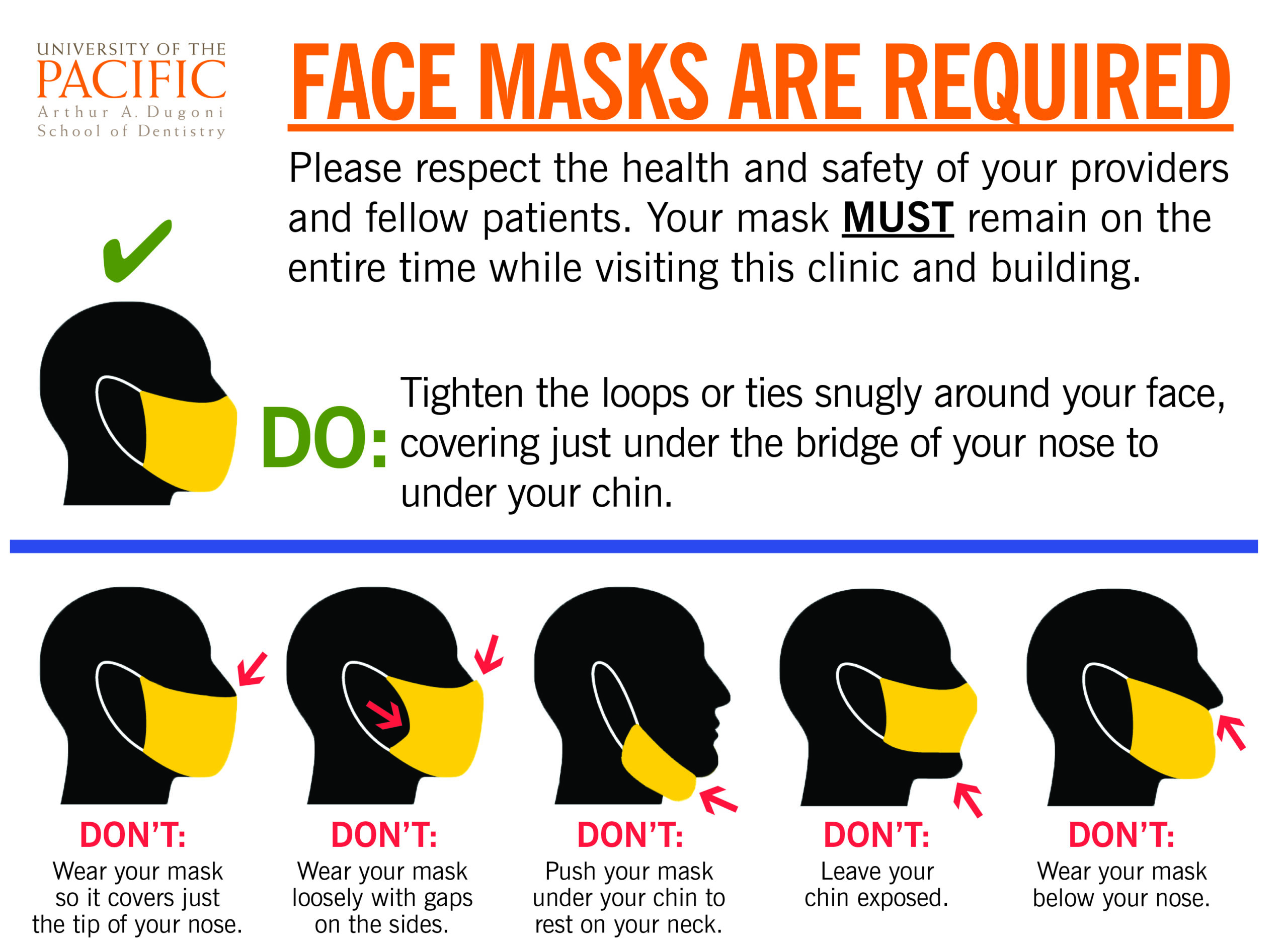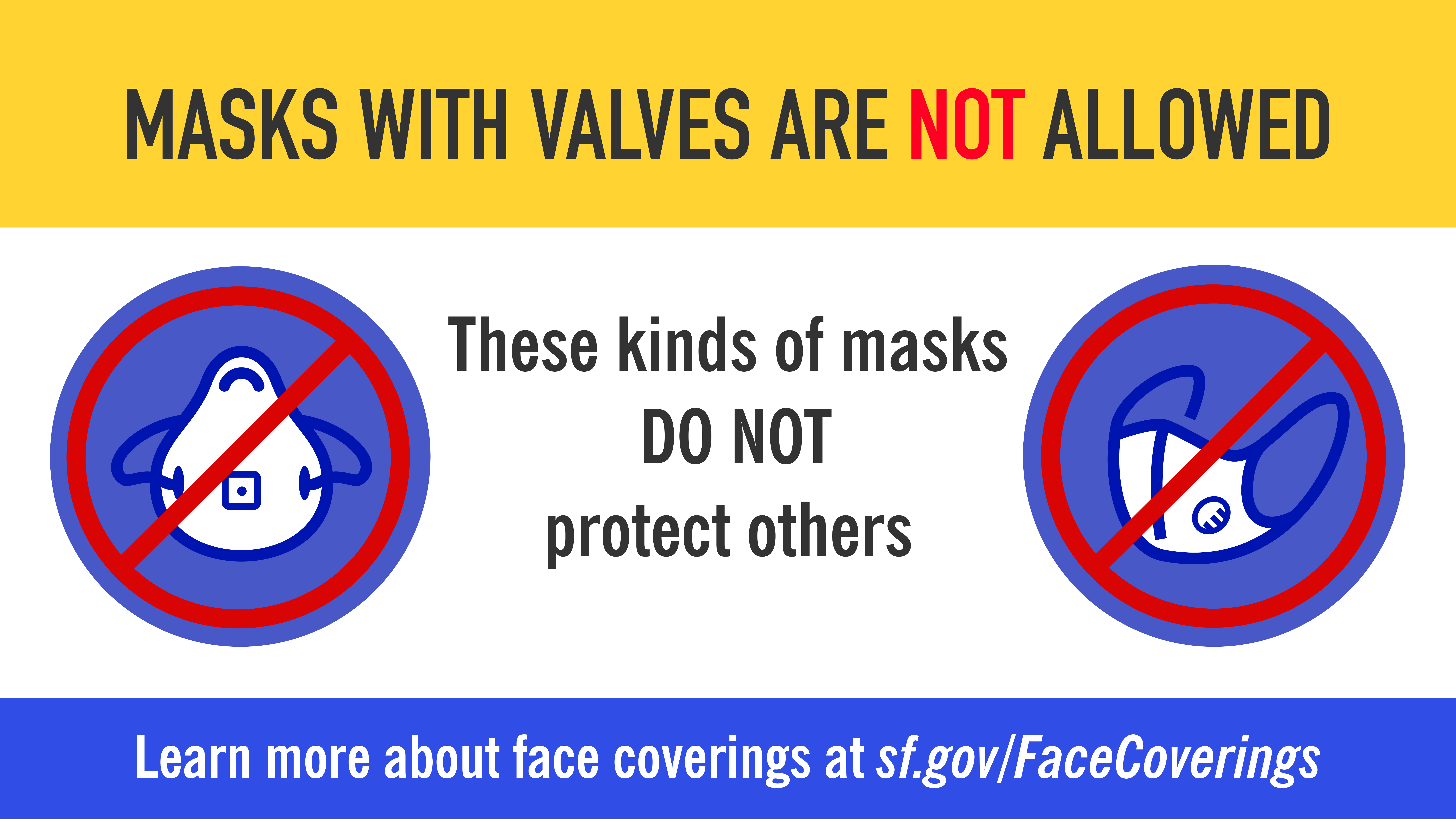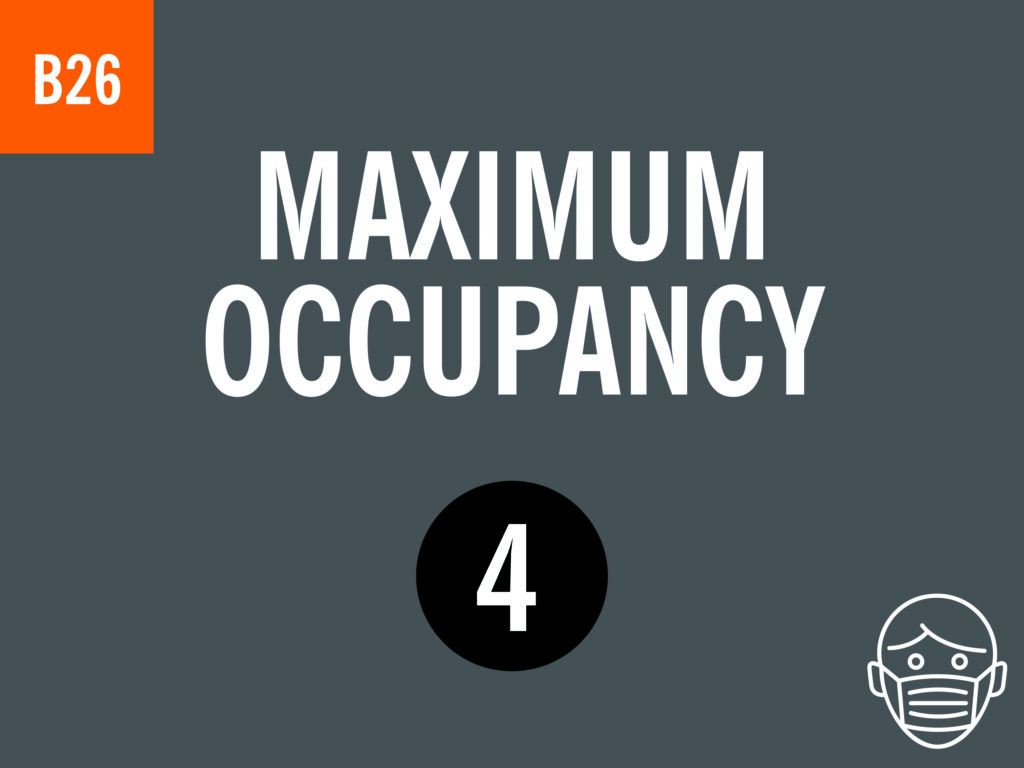By Jennifer Langham
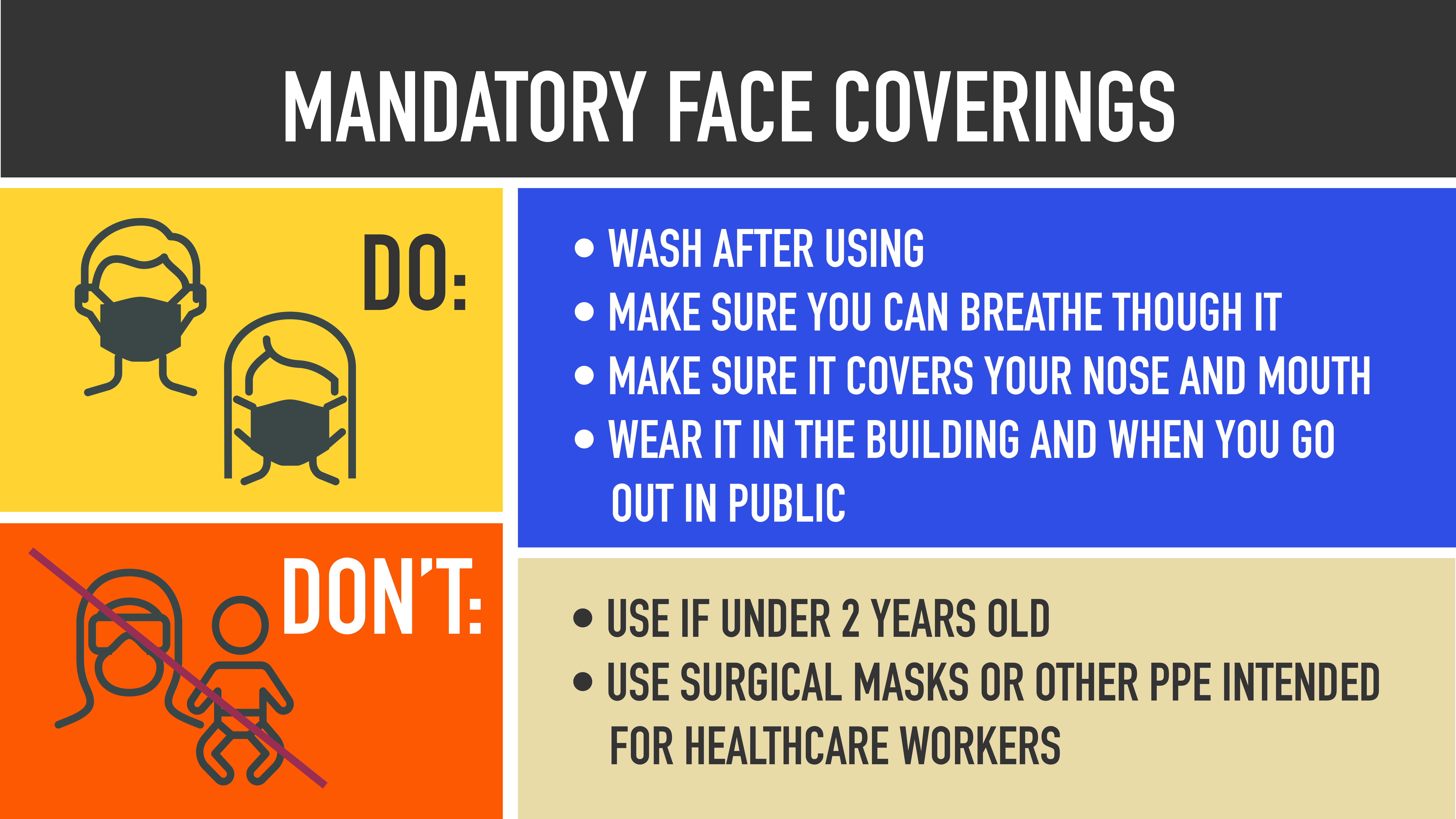
Eve Cuny calls her career in infection control a “happy accident,” but it’s one that has spanned 35 years at the Arthur A. Dugoni School of Dentistry—positioning Cuny as a nationally renowned leader in the field with expertise that has guided the school’s pandemic response.
Wearing many hats at the Dugoni School of Dentistry—her current titles include director of environmental health and safety, associate professor in the Department of Diagnostic Sciences and assistant dean of global initiatives—Cuny has helped develop the school’s national reputation for infection control and put in place protocols during the pandemic allowing students to continue their education while keeping faculty, staff, students and patients safe.
Dean Nader A. Nadershahi ’94 says that Cuny’s life work has uniquely prepared her for COVID-19. “It’s almost as if she has spent her whole life preparing for this moment. She is someone who could help not just the Dugoni School family, but the profession and dental education broadly, with everything she has achieved, her background and the connections she has made.”
The Preparation for this Moment
In the mid-1980s, after working as a dental assistant in private practice for eight years, Cuny took a job at the Dugoni School of Dentistry as a teaching assistant just before the HIV/AIDS epidemic began to sicken patients and affect healthcare systems throughout the world. Cuny recalls how the dental field had to adjust. “We didn’t wear any of the PPE that we use today—no gloves, no masks—and we were all learning together how to treat these patients,” she says. Cuny was asked to teach some courses on the subject and then to take over as infection control coordinator.
As Cuny put policies and procedures in place and trained faculty and staff across the dental school, infection control became integrated into the curriculum across the students’ three years at the Dugoni School of Dentistry. In contrast, at some dental schools there is no dedicated leader for infection control or the subject is not covered as extensively in the curriculum.
In 2001, Cuny earned her master’s degree in health services administration from St. Mary’s College. She says that appreciation for the importance of infection control at the Dugoni School of Dentistry has come from the top. “Leadership here has always supported infection control and recognized its importance as part of a safe environment for both patients and faculty, staff and students,” says Cuny.
Networking has enabled Cuny to share the Dugoni School of Dentistry’s success in the field of infection control and for her to learn best practices from others. As the head of global initiatives, Cuny has connections with colleagues around the world. Whether working in Tanzania to refurbish the country’s only dental school or creating educational exchange opportunities for dental students in China, Cuny has helped create opportunities for dental knowledge to be shared globally.
On a national level, Cuny is active in organizations such as the American Dental Education Association and the Organization for Safety, Asepsis and Prevention (OSAP), where she serves on the board of directors.
And her involvement as an expert resource in the infection control community has only continued during the months of the COVID-19 pandemic. Of the more than 350 invited presentations on Cuny’s CV, she includes several webinars delivered to state and national dental and endodontic associations since the shelter-in-place order in mid-March.
Dealing with a Pandemic
Like many healthcare professionals, Cuny has spent much of the last several months keeping up with the latest research on COVID-19 and applying that knowledge to the task of creating safe ways to care for patients and educate the next generations dentists. She was part of the team who created a phased-in plan for treating patients at the Dugoni School of Dentistry. A key step during the pandemic was working with local officials to get permission for students to work with dental manikins, especially for students trying to complete their studies in the spring.
“We wanted students to get practice doing procedures and building their hand skills so that they could be evaluated by faculty,” says Cuny. “We were looking for creative ways of providing clinical education in a situation where we knew we wouldn’t be able to have our normal volume of patients.”
Dr. Des Gallagher, associate dean for clinical services and chair of the Department of Clinical Oral Health Care, says that Cuny’s leadership was crucial in helping the school navigate the state and county stay-at-home orders. “She was really instrumental in working with the San Francisco Department of Public Health so that we could move forward to hold the Western Regional Examination Board (WREB) exam on campus to make sure that our Class of 2020 could graduate on time.” Other dental schools haven’t yet been able to deliver the WREB exam for their 2020 students, Gallagher says, “But the Dugoni School has licensed dentists out there, makingadifferenceinCaliforniaandbeyond.”
The dental school held summer quarter classes with a mixture of online and in-person instruction, following constantly-updated protocols for safety. “We decided early on to decrease our clinic volume to 25-50% of previous patients, and we rotate students so that only half of them are on site at a time,” says Cuny.
The Way Forward
Through Cuny’s network and communication with dental school colleagues from across the country, the DugoniSchoolofDentistry’sexperience inholdingclassesduringsummerquarter is serving as an example for other dental schools. Cuny says she fielded many calls from schools wanting to hear what protocols the Dugoni School of Dentistry had in place for instruction.
In her field, says Cuny, COVID-19 presents a grim chance for learning. “This is an unfortunate opportunity, but attention is strongly on infection control right now, and I’m getting people to understand that change is not just procedural, it’s behavioral.” She explains thatthisbehavioralchangerequiresdental health professionals to become more self-aware when they are in a patient environmentwhereeverythingtheydoand everything they touch affects the patient.
“I was always trying to get people to wash their hands, and thank goodness, now it’s happening,” Cuny says.
She remains optimistic about how dentists can come through the pandemic. “They have a really good track record with infection control, and I think with the heightened awareness they’re going to be even better.”
Much as the HIV/AIDS epidemic transformed the protocols of the dental profession in dealing with a bloodborne illness, Cuny predicts that COVID-19 will further change the standard precautions for caring for dental patients with possible respiratory illnesses.
“This is an unfortunate opportunity, but attention is strongly on infection control right now, and I’m getting people to understand that change is not just procedural, it’s behavioral.” She explains thatthisbehavioralchangerequiresdental health professionals to become more self-aware when they are in a patient environmentwhereeverythingtheydoand everything they touch affects the patient.
“I was always trying to get people to wash their hands, and thank goodness, now it’s happening,” Cuny says.
Sheremainsoptimisticabouthowdentists can come through the pandemic. “They have a really good track record with infection control, and I think with the heightened awareness they’re going to be even better.”
Much as the HIV/AIDS epidemic transformed the protocols of the dental profession in dealing with a bloodborne illness, Cuny predicts that COVID-19 will further change the standard precautions for caring for dental patients with possible respiratory illnesses.
“There was a gap in how we educated students about transmission precautions for airborne and droplet transmission diseases,” she says. “Previously, we educated students to delay care if patients have respiratory illnesses because, with flu and similar illnesses, there will be symptoms. But, we’re seeing with COVID-19 it’s not as clear which patients may or may not have the illness.”
As a leader in national organizations monitoring the impact of COVID-19 on the dental profession, Cuny is aware of some of the ways the virus is affecting dentists out in the field. Difficulty in getting a comfortable supply of personal protective equipment (PPE) and reduced revenue from lower patient volume are examples.
But one of the biggest issues dentists are dealing with is uncertainty, says Cuny. “There’s just not enough information about the procedures which generate fine particles and whether or not there is an increased risk with these procedures.” She notes that the entire dental community needs more research and guidance on aerosols and methods of mitigating their effects.
As research about aerosols adds to the knowledge dentists have about how best to protect themselves, their patients and their families, Cuny will continue guiding the Dugoni School of Dentistry community in best practices.
Dean Nadershahi says that, in addition to all the professional accomplishments on her extensive resume, Cuny’s personal leadership qualities make her ideally prepared to handle a time like this. “In a situation like COVID-19, when everyone is going crazy, Eve is exactly the kind of person you want involved,” Nadershahi says. “She’s level-headed and calm, she’s looking at the science and evaluating the evidence and she’s helping people find their way through.”
Jennifer Langham is a contributor to Contact Point and other University of the Pacific publications.
